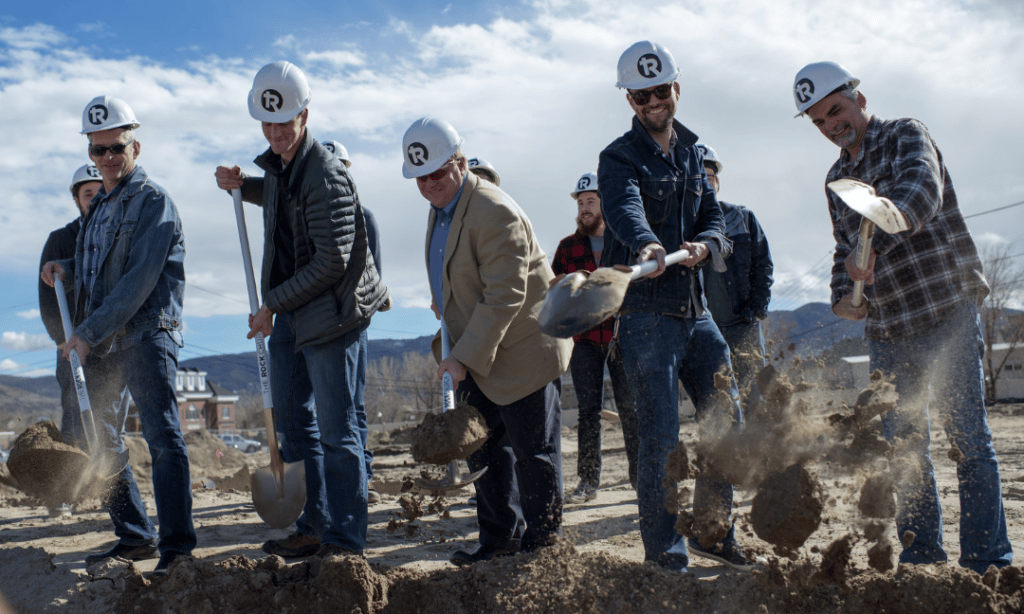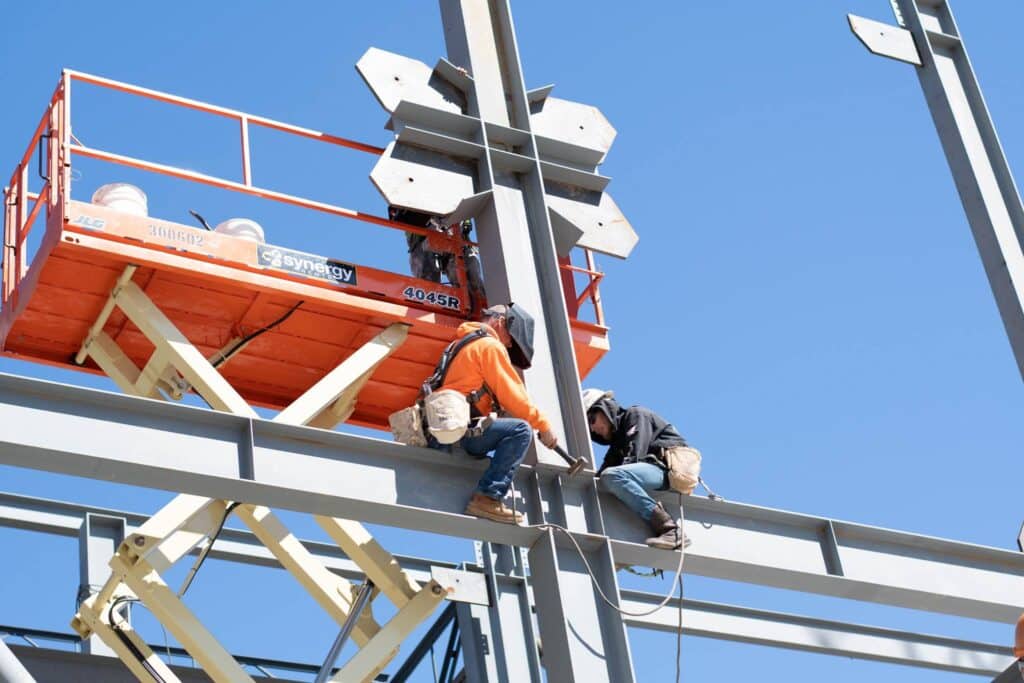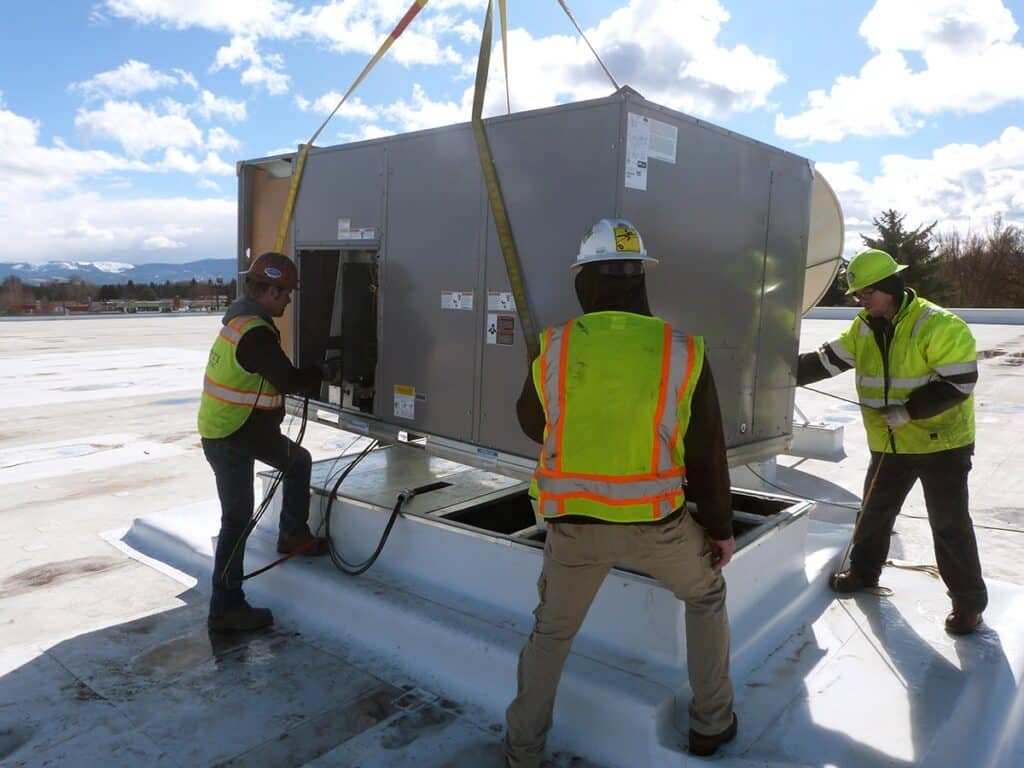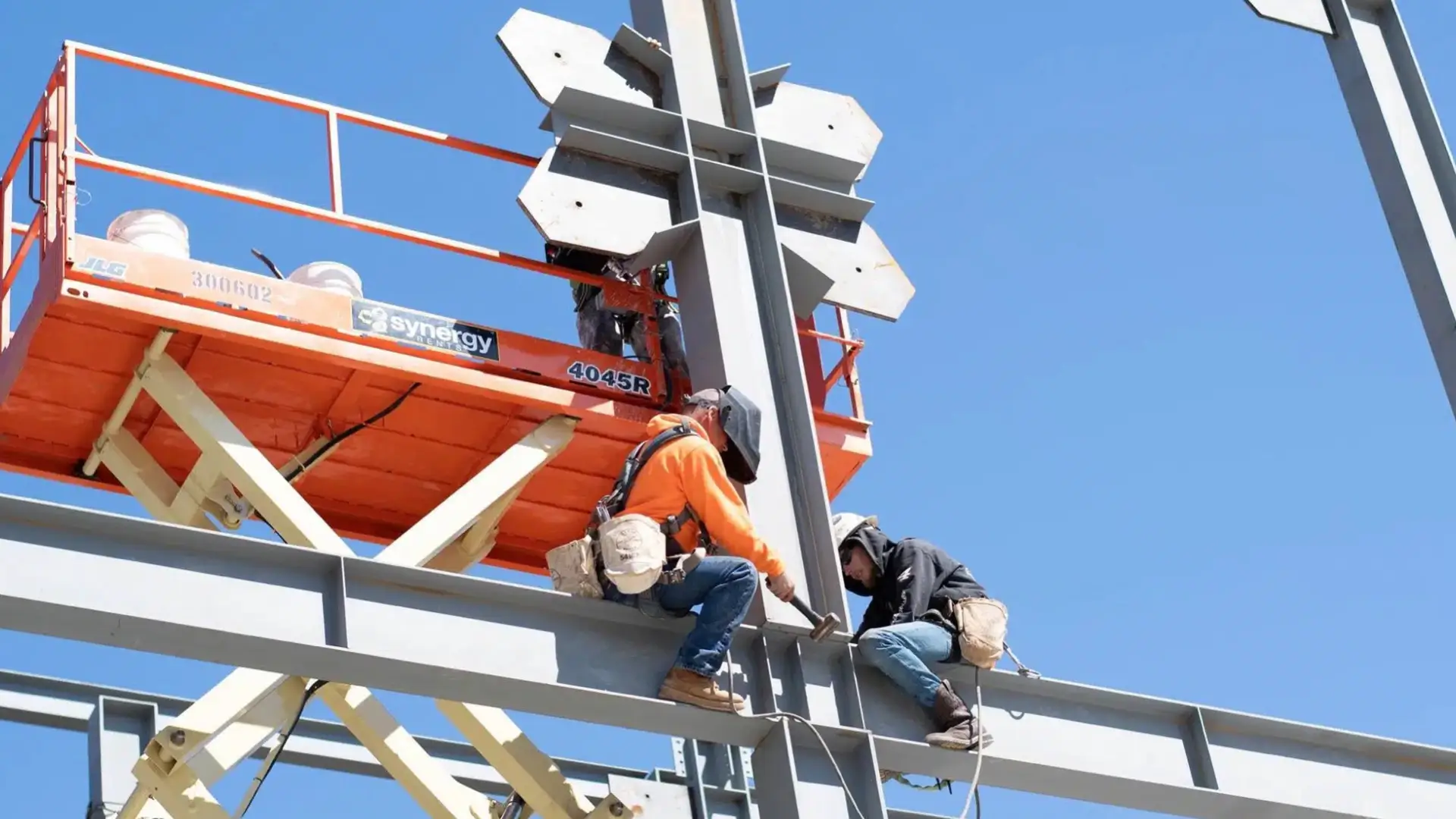The Complete Checklist for Choosing a Church Construction Company
When building a church, how you begin is a critical part of success. It will set the tone for the rest of the project. For this reason, you must use wisdom and discernment when choosing a church construction company. The quality of the contractor overseeing your project will shape how it is carried out, including timetables, quality of work, and accessibility of communication. As you make your decision, it can be helpful to follow this basic checklist.

#1 – Do Your Research
There are many church construction companies out there, and though it can feel overwhelming to sift through them all, it can help to start with the basics. First, look for a company that has experience building churches. Though construction principles are pretty consistent across disciplines, choosing a construction company with a specific background in church facilities can help you feel assured that the firm has a basic understanding of your needs and that everyone is on the same page as you work together to carry out your vision.
Construction companies can also differ in their project delivery method and it’s an important factor to consider in choosing a contractor that best meets the unique needs of your organization. Each delivery system has its characteristic advantages and disadvantages and owners must have a clear understanding of each. The delivery method will establish the foundation of contractual relationships, when parties become engaged, as well as how changes and modifications are made throughout the project and what the impact of those changes are on project costs.
Ask for referrals from other churches who have recently been through a construction project. This can give you a place to start with companies that do what you’re looking for in your area. Look for companies with at least five years of experience and make sure they have the proper licensing and state credentials. Also verify all your candidates’ safety ratings.
#2 – Conduct an Interview
Once you have narrowed down a few companies that seem qualified and reliable, sit down with the management of each for interviews. This is a critical part of choosing a church construction company. Have a list of questions prepared so you can be sure to cover all your bases. These can cover topics from project timelines and scheduling to how they calculate their fees, whether additional fees should be expected, and what they consider their specialty.
Review each company carefully, noting the subtle differences and uniquenesses that will indicate which church construction firm will best understand and carry out your vision. Observe how each manages resource allocation and time management differently. Even in this early stage, doing so can be indicative of how a company will be to work with.
The interview is also a good time to set expectations, even before the job is offered. Doing so can ensure that you and the firm being interviewed share similar values, which is helpful to learn even before it comes time to sign a contract.

#3 – Get References
As part of the narrowing down process of choosing a church construction company, it’s important to check each of the candidates’ references. Reach out to the company’s past clients and ask them whether they are satisfied with the final product, as well as whether the project finished on time and on budget. Some important questions to ask include “How well did the company address difficulties and challenges that came up throughout the project? Did the company communicate clearly during construction? What was your favorite aspect of working with them? Based on the outcome of this project, would you work with them again? It’s also a good idea to check out the Better Business Bureau to see what others are saying.
#4 – Play It Safe
When choosing a church construction company, it is critical to ensure that your chosen firm carries insurance. If the company you choose is not insured, financial and legal liability for injuries or damaged property is likely to fall on you. To avoid this, make sure your church construction firm has general liability coverage and worker’s compensation. Also, check the company’s bonding capacity.
#5 – Get It in Writing
Once you’ve decided which church construction company you plan to work with, solidify that business relationship with a written contract. This legal document should cover a number of facets to protect you and the construction company during routine and unexpected circumstances:
• Description of work to be completed
• Work Schedule
• Payment Schedule
• Statement of insurance and bonds
• Warranty information
• Statement of permits
• Information about arbitration or mediation
Review the contract thoroughly before signing and stick to it throughout the project. Hold your church construction company accountable to the contract as well.

#6 – Find the Builder that’s Right for You
As stated previously, it’s important to find a church construction company that aligns with your values. As a leading church architect nationally, Building God’s Way (BGW Architects) has partnered with Christian contractors throughout the U.S. that are leaders in church building and Christian school construction in their markets. These builders have a heart for ministry and are uniquely qualified to come alongside your leadership team and support you in establishing a clear vision for the future. Take a look at our network of church builders and Christian school contractors to locate one in your area.





Leave a Reply